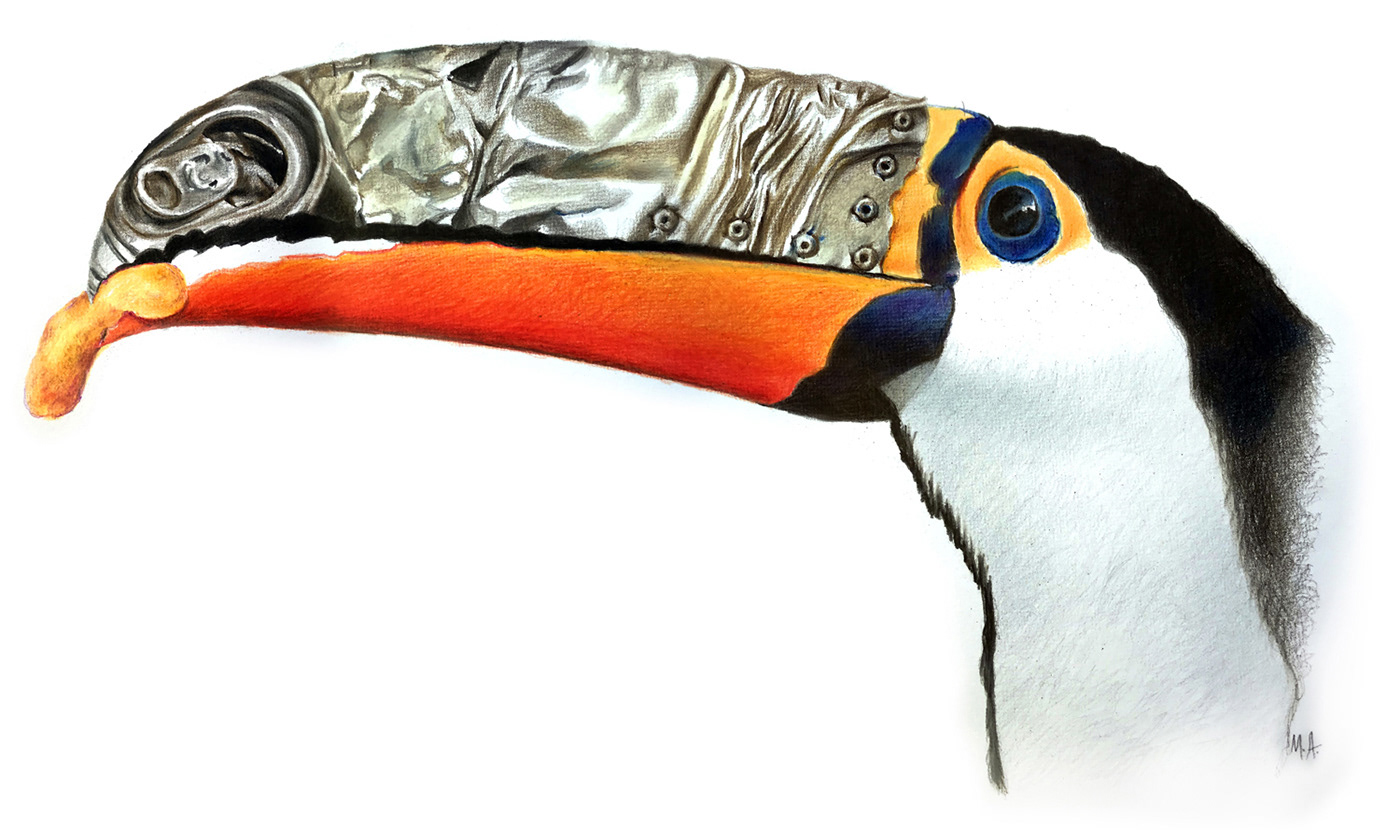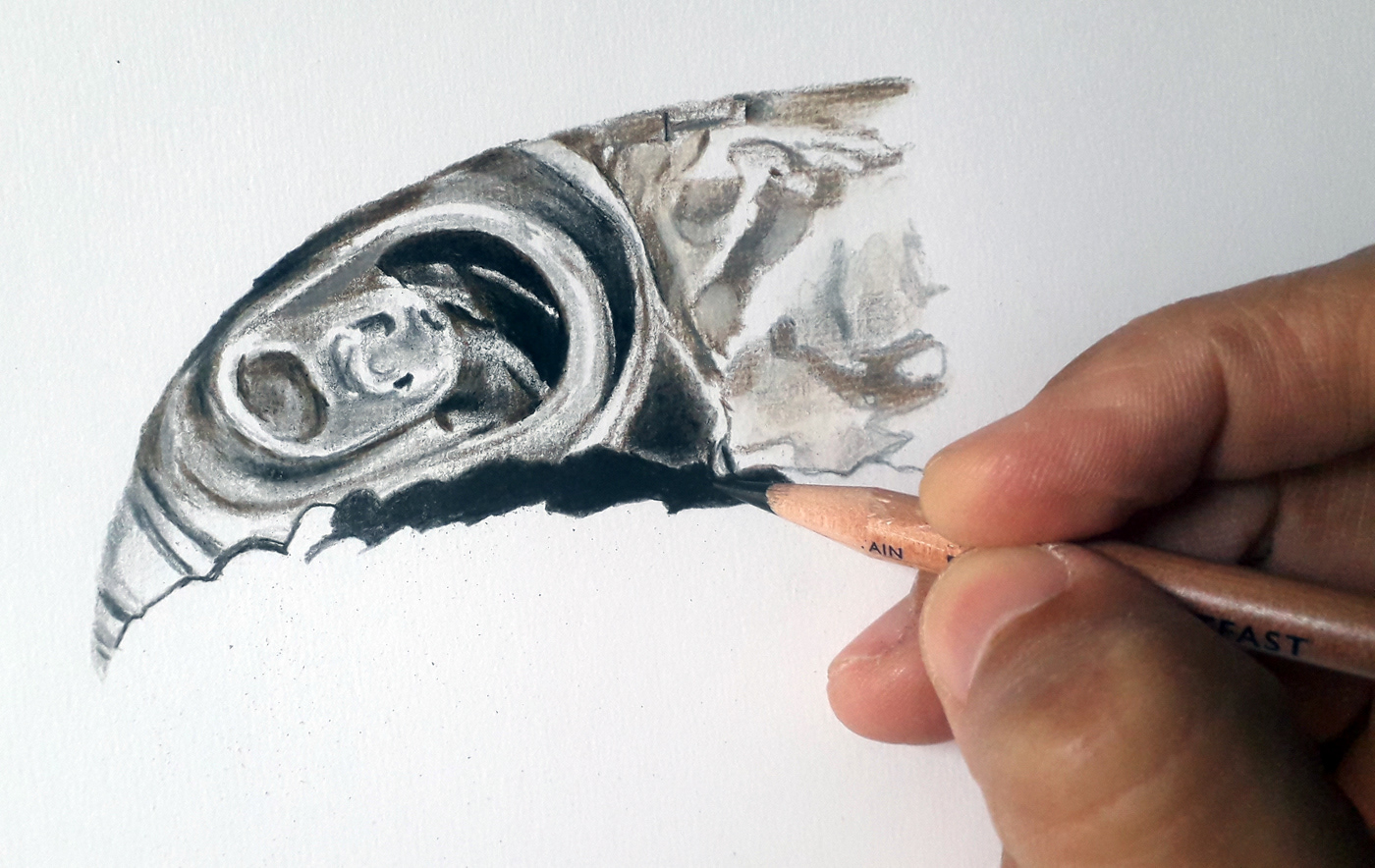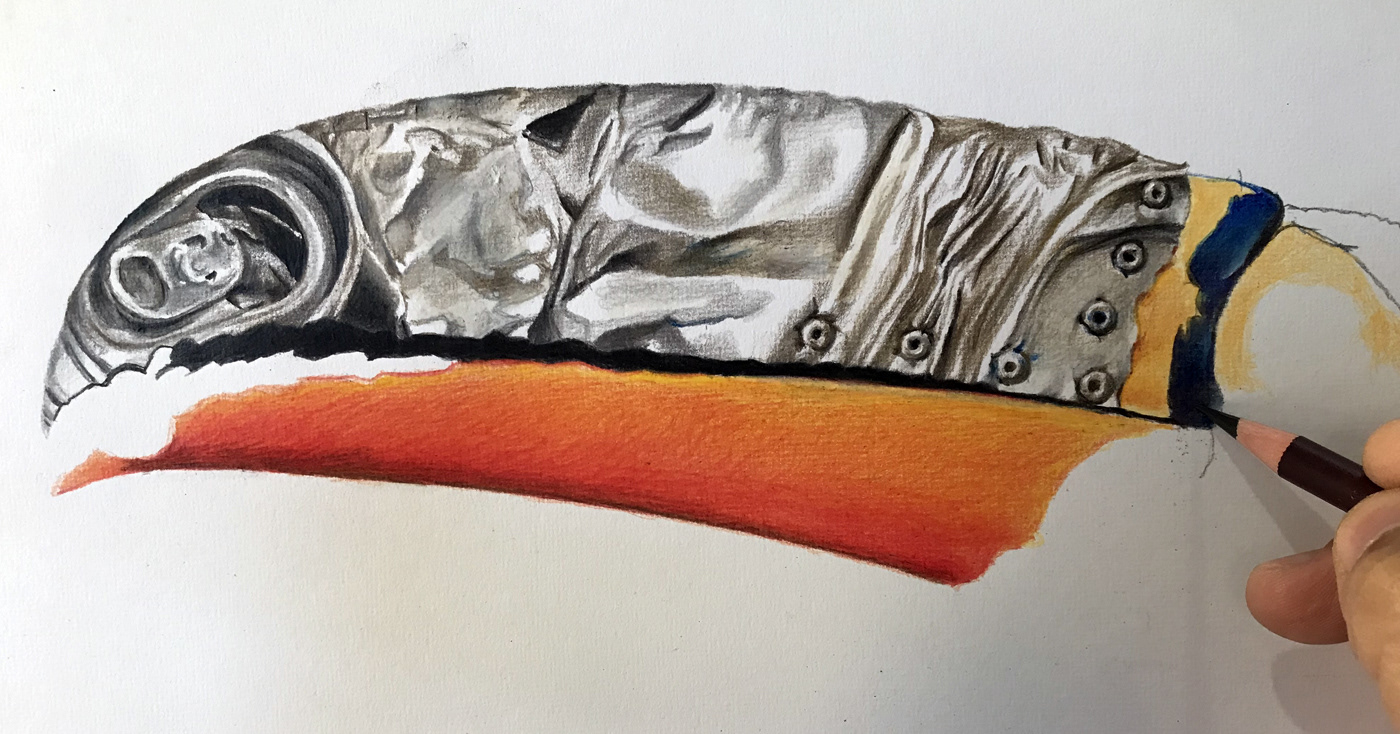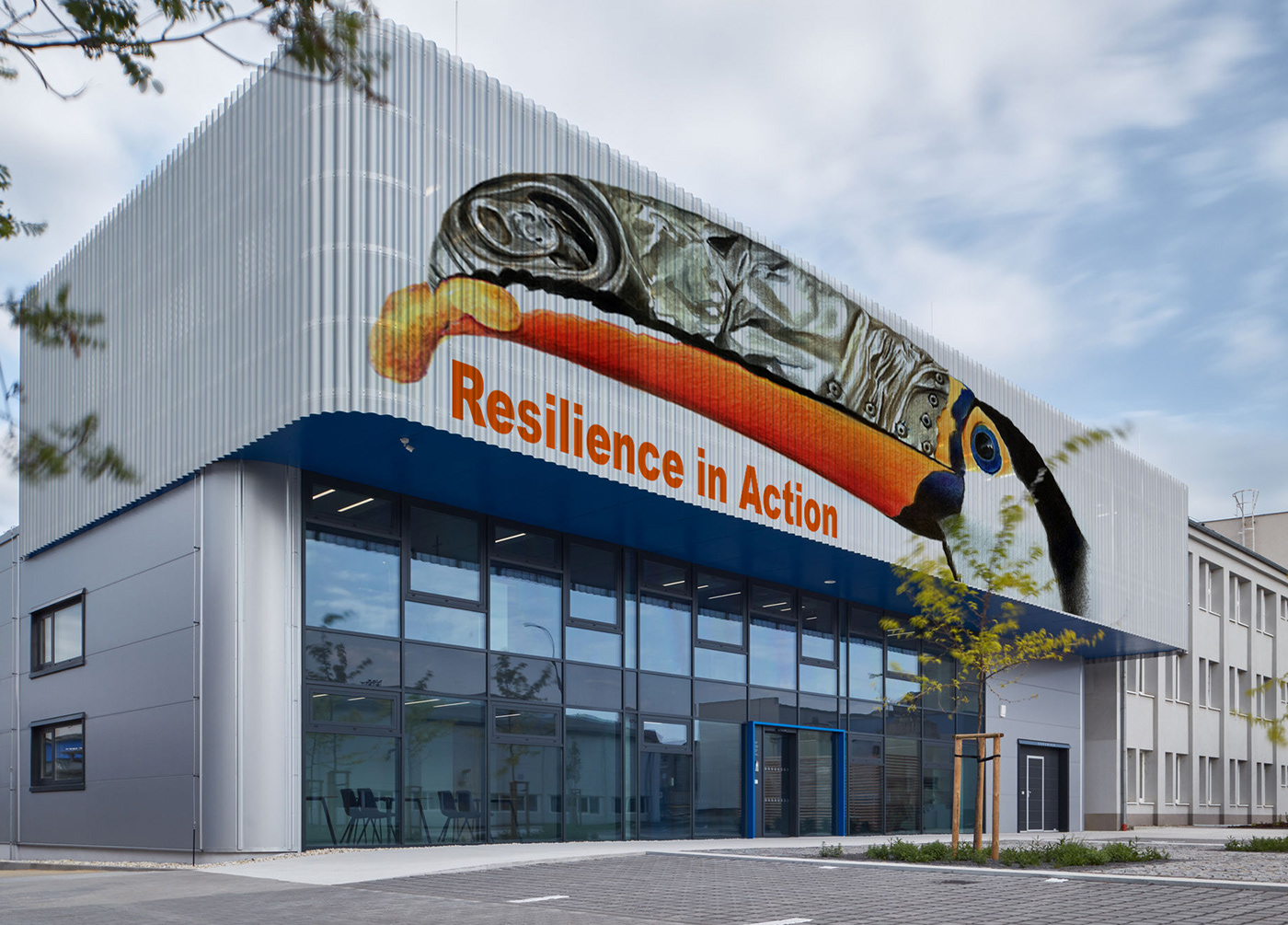
A report about 3D printing of any kind of object caught my attention, highlighting the initiative of some veterinary professionals. They creatively devised a treatment for a toucan that had fallen victim to a cowardly attack by an armed man, self-proclaimed as a 'hunter', severely injuring the upper part of the bird's beak. The bird was at risk of dying because it no longer had the ability to capture its own food. The veterinarians digitally designed a virtual beak, which was successfully printed using a 3D printer and then attached to the remaining base of the bird's beak. From then on, it was able to live somewhat better after the traumatic physical ordeal.

For a moment, a thought occurred to me that aimed to reflect on the minimal amount of material society allocates for recycling. It seems that the reuse of materials, whether to reduce environmental impacts or facilitate the economy in producing new products, is not considered particularly relevant. Often, what we see are makeshift solutions, sometimes inadequate, to address problems. Adaptations are created merely to shift the responsibility for solving the problem onto others.
Thus, I imagined a scenario where any available material could be used to repair the bird's beak. It would be like grabbing a discarded soda can and assembling it haphazardly, just to claim that the job was done and somehow assert that it was a completely sustainable help.
While this may seem crude, looking around us, we see a profound disregard for the environment. From animals hit by bullets, accidentally or not, to felines encroaching on urban areas due to the destruction of their habitats, this reality is indeed happening.

The interesting aspect was incorporating two intentional details to illustrate both the disregard in the production of the "reused" aluminum beak, evidenced by the open and exposed hole from the aluminum can at the front of the beak, and the availability of healthy food for a wild species, perhaps emphasizing the fragility of its recovery, represented by a Cheetos (a wonderful example of food industrialization).


.
